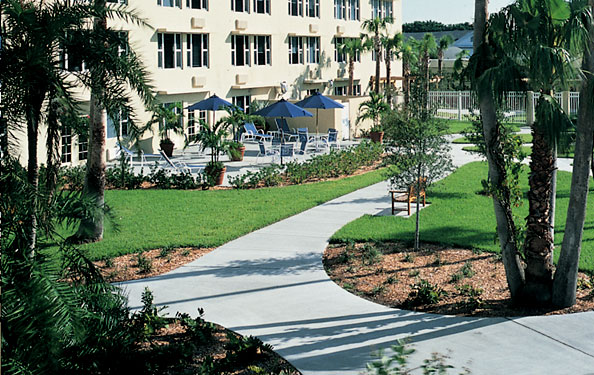 |
| image source |
Isolation may lead to undesirable decisions.
Aging is a frightening prospect for anyone, no matter what their financial or social situation. Many retirees find themselves virtually forced into moving out of beloved homes that they have spent decades in, particularly if they are single or have no family living close by. The reason a lot of seniors give for moving out is that they’ll be unable to do the daily errands called for to maintain their household.
Growing old connotes a loss of independence, and this generates a resistance to asking for help. No one wants to weigh down younger family members and friends with obligation for their daily existence. An attractive choice would be to hire somebody to perform all these essential errands for you like somebody who can take you to the doctor or hospital, who buys your groceries, does simple household repairs, and helps you with bank transactions.
Regrettably not everyone can afford to employ a personal assistant. But consider a different option, one that several communities across the United States have took on. What if you can create an infrastructure that pools the resources of a group of retirees and hire an assistant to provide to all their needs?
Facing the Challenges Together
Communities like Beacon Hill Village in Boston have revealed the way. By pooling the energies of a group of resourceful people, they have created a model for transforming a neighborhood into an ideal place to grow old in. The creation of such surroundings is not a haphazard affair, and must be sustainable to ensure continuing support for member as long as they require it.
The initial step is to produce a core group or board of directors. Somebody must be responsible for running the organization and managing day to day activities. Creating this foundation isn’t really as hard as it seems, but it is significant to get the correct information about how to start. The first steps must be getting information on how this was executed in other areas, and asking about local governmental regulations which could help or hinder your efforts.
The financial aspect of the organization should be solid if they’re to last. The most fundamental funding will of course come from membership fees. If you’re starting from a small group, then you’ll need to identify service providers in the area that you are able to partner with. Marketing will be crucial in order to attract more members and encourage more commercial partners. Turning up additional funding, from both private and government entities may as well be an option.
Keeping the Family Together
Of key importance to this action is the network of relationships that it builds upon. A burden for one can be lighter if shared out among many. Volunteer assistance from younger family or neighbors must be encouraged, but foundation should never be entirely dependent on them. Retirement communities home grown from neighborhoods are no longer an impossibility, with the proper planning and direction, you can stay in the place you love without giving up your dignity or sense of security.
Copyright © 2011 Athena Goodlight